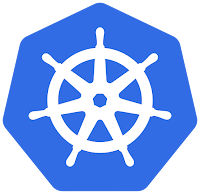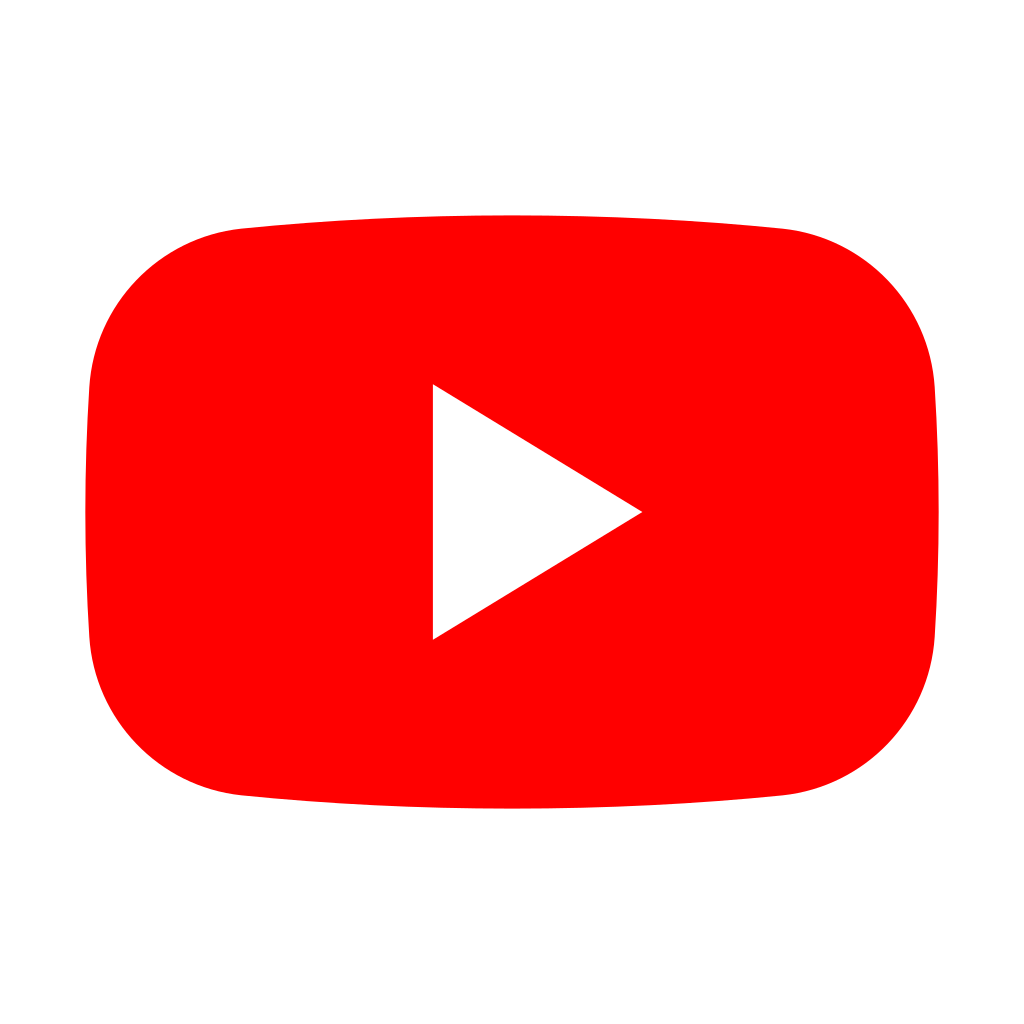Top Open Source Projects Developed or Taken Over by Google
Google is not only a tech giant delivering consumer products and cloud services, but also one of the largest contributors to open source software. From powering web browsers to running machine learning at scale, many of Google’s innovations have been open-sourced for developers around the world to use, contribute to, and build upon.
Chromium
Chromium is the open-source web browser project that forms the basis for Google Chrome. It includes the core rendering engine (Blink) and the JavaScript engine (V8). Many other browsers, such as Microsoft Edge and Brave, also use Chromium. The project focuses on speed, stability, and security. Developers can freely build their own browsers using Chromium.
Angular
Angular is a TypeScript-based open-source web application framework developed by Google. It's used for building scalable and dynamic single-page applications (SPAs). Angular follows the MVC pattern and emphasizes two-way data binding. It includes powerful features like dependency injection, routing, and RxJS. The Angular ecosystem is widely used in enterprise applications.
TensorFlow
TensorFlow is an end-to-end open-source machine learning platform developed by the Google Brain team. It provides a flexible architecture and tools for building and deploying ML models. TensorFlow supports both deep learning and traditional ML and runs on CPUs, GPUs, and TPUs. It is widely used in academia and industry. Keras, now integrated, serves as its high-level API.
Flutter
Flutter is a UI toolkit by Google for building natively compiled applications for mobile, web, and desktop from a single codebase. It uses Dart programming language and emphasizes high performance and expressive UI. Flutter apps are compiled directly to machine code, ensuring fast startup times. Hot reload allows rapid UI iteration. It has a growing developer community and package ecosystem.
Kubernetes
Kubernetes is an open-source container orchestration platform originally designed by Google. It automates deployment, scaling, and management of containerized applications. Kubernetes supports a wide range of cloud providers and on-premise setups. It has become the industry standard for container orchestration. Google donated Kubernetes to the Cloud Native Computing Foundation (CNCF).
Dart
Dart is a client-optimized language for fast apps on any platform, developed by Google. It's the core language behind Flutter. Dart compiles to ARM and x86 machine code for mobile, desktop, and backend apps, and also to JavaScript for the web. It features sound null safety and asynchronous programming. Dart is both easy to learn and powerful for large-scale projects.
gRPC
gRPC is a high-performance, open-source universal RPC framework developed by Google. It uses HTTP/2 for transport, Protocol Buffers for message serialization, and supports multiple languages. gRPC is used for building efficient, distributed systems and microservices. It supports bidirectional streaming and strong API contract enforcement. It is widely adopted in cloud-native environments.
V8
V8 is Google’s open-source JavaScript and WebAssembly engine, written in C++. It powers Chrome and Node.js. V8 compiles JavaScript directly to native machine code, enabling high performance. It includes a garbage collector and JIT compiler. V8 is frequently updated for performance improvements. It plays a crucial role in the modern JavaScript ecosystem.
Bazel
Bazel is Google’s open-source build tool designed for large-scale codebases. It supports multiple languages and platforms. Bazel is known for its speed, correctness, and reproducibility. It uses a declarative BUILD file system and dependency graph. Bazel ensures that only necessary files are rebuilt, which optimizes build times. It is used internally at Google.
Android Open Source Project (AOSP)
AOSP is the foundation of the Android operating system. It provides the source code for Android OS, allowing manufacturers and developers to create custom versions. AOSP includes the Linux kernel, system libraries, app framework, and default apps. Google manages the upstream changes and platform development. It is the most widely used mobile OS in the world.
Fuchsia
Fuchsia is a next-generation open-source operating system from Google. It is designed to run on a wide range of devices, from smartphones to embedded systems. Unlike Android, Fuchsia is built on a microkernel called Zircon. It emphasizes modularity, performance, and security. Fuchsia is still in active development and not yet widely adopted.
Guava
Guava is a set of core libraries for Java developed by Google. It provides collections, caching, primitives support, concurrency libraries, and more. Guava simplifies Java development with utility classes that reduce boilerplate code. It is widely used in Google’s Java-based systems. Guava is stable and production-ready.
Colab (Google Colaboratory)
Colab is a cloud-based Jupyter notebook environment that supports Python. It is heavily used in machine learning education and prototyping. Users can write and execute Python code in the browser, with free access to GPUs and TPUs. It integrates seamlessly with Google Drive. Colab is especially popular for sharing and running ML tutorials.
Blockly
Blockly is a web-based visual programming editor. It allows users to create code using drag-and-drop blocks. Blockly supports generating code in JavaScript, Python, PHP, Lua, and Dart. It is widely used in educational platforms and beginner coding tools. Blockly is highly customizable and extensible.






















Comments
Post a Comment